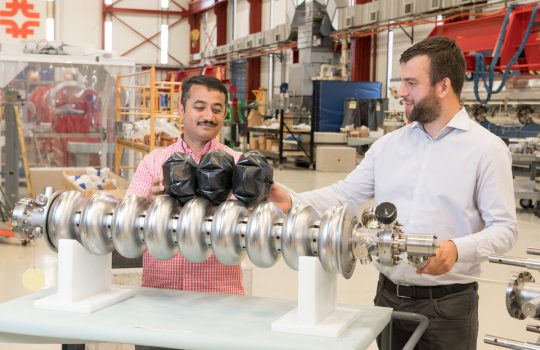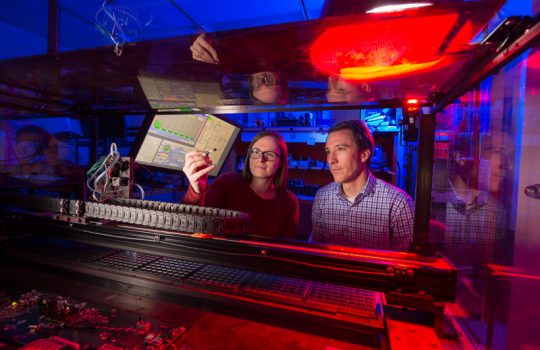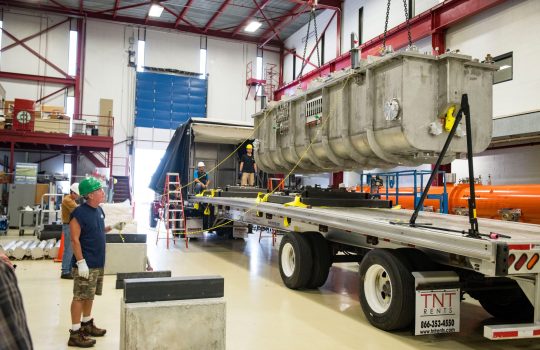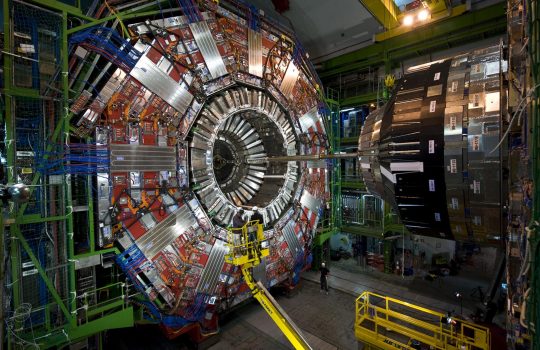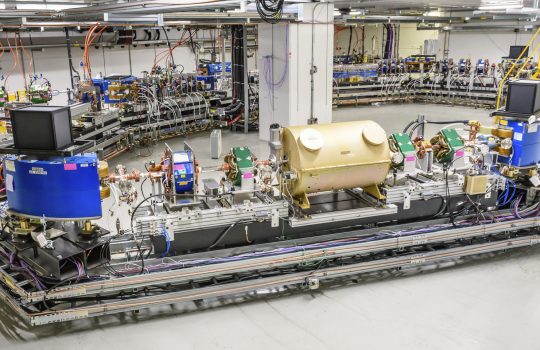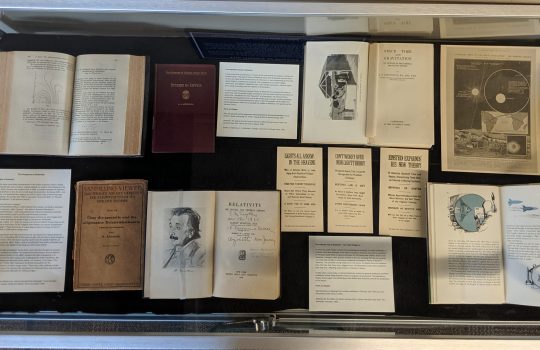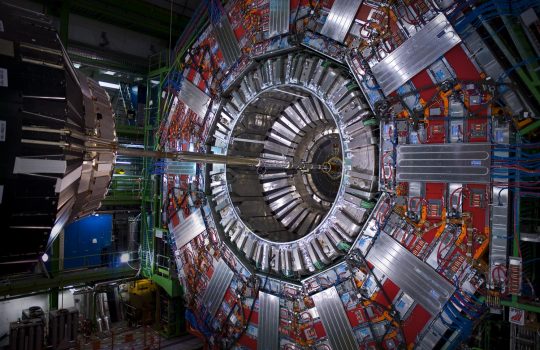Under pressure: balloons for particle acceleration
Engineers at Fermilab have shown that sometimes, to reshape the metal heart of a particle accelerator, what you need is a balloon. The new, patented technique is a novel solution to a problem that affects an essential component of accelerators: superconducting cavities.

